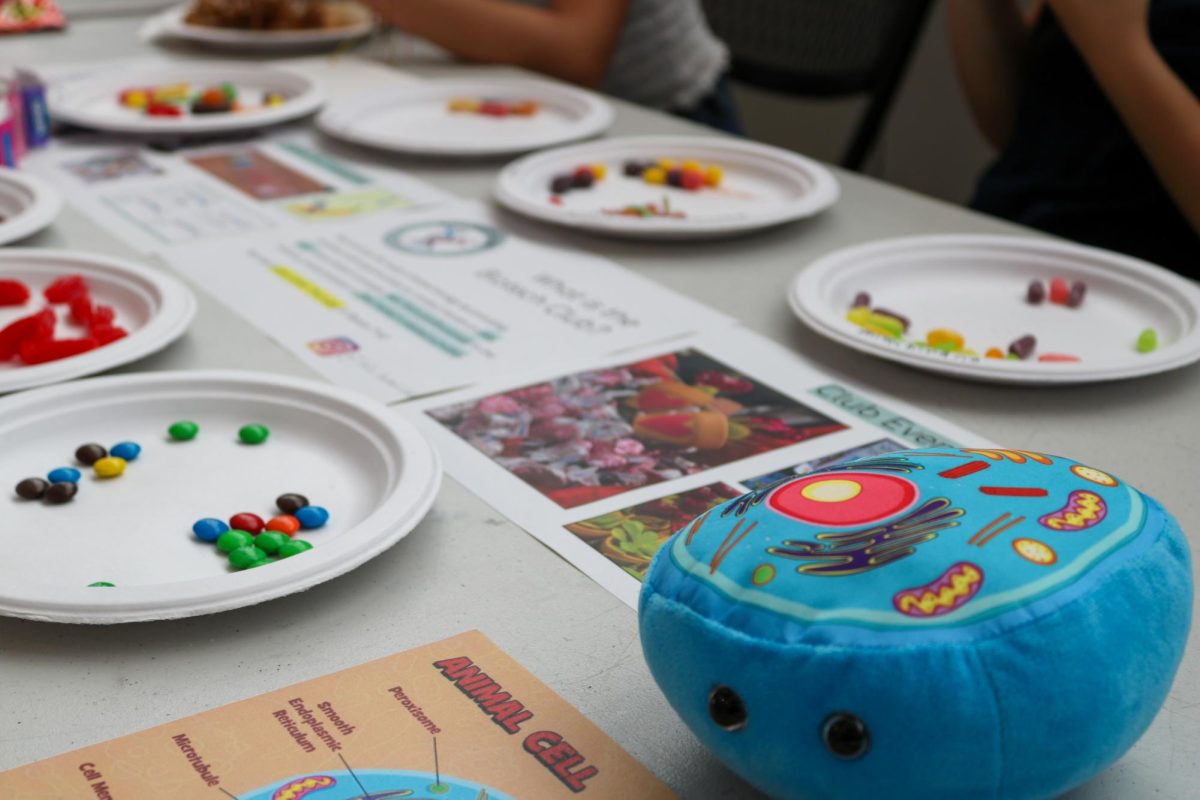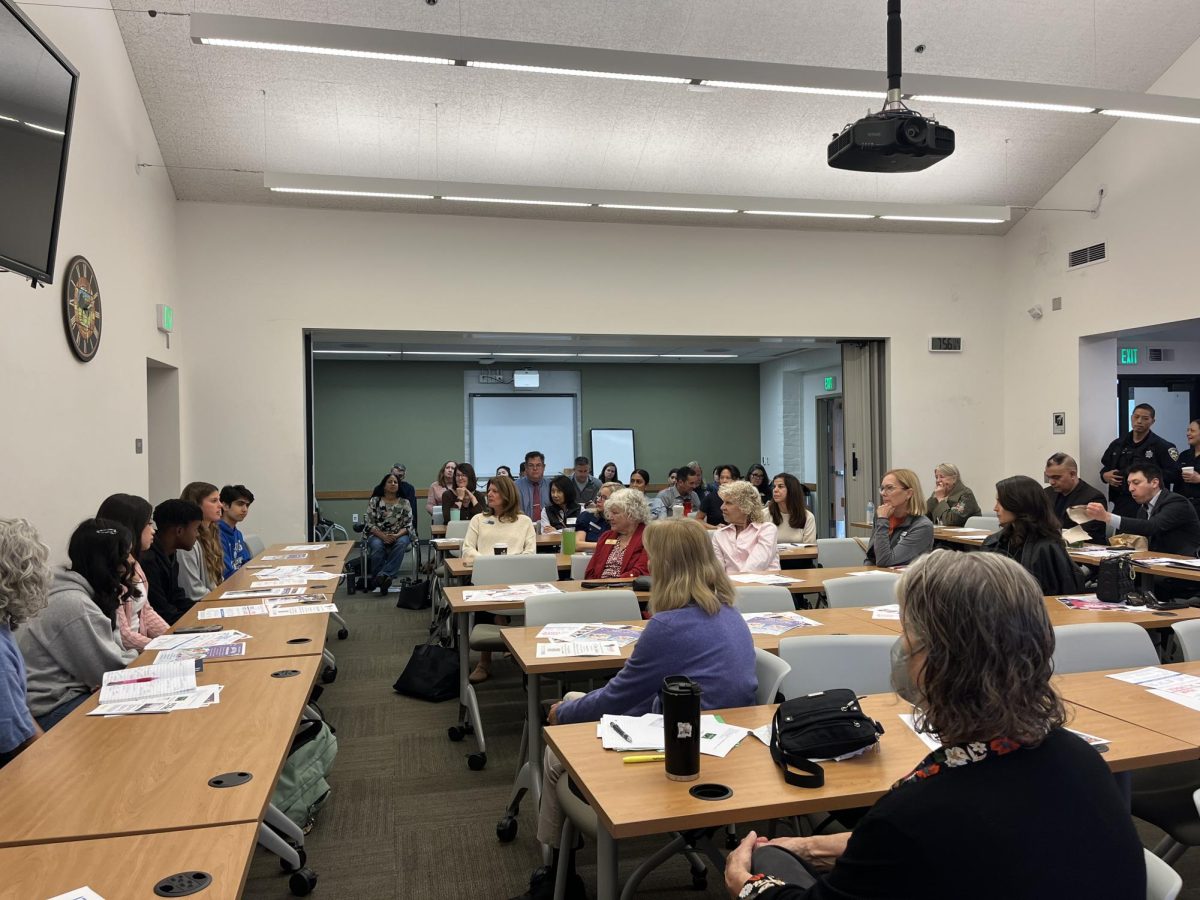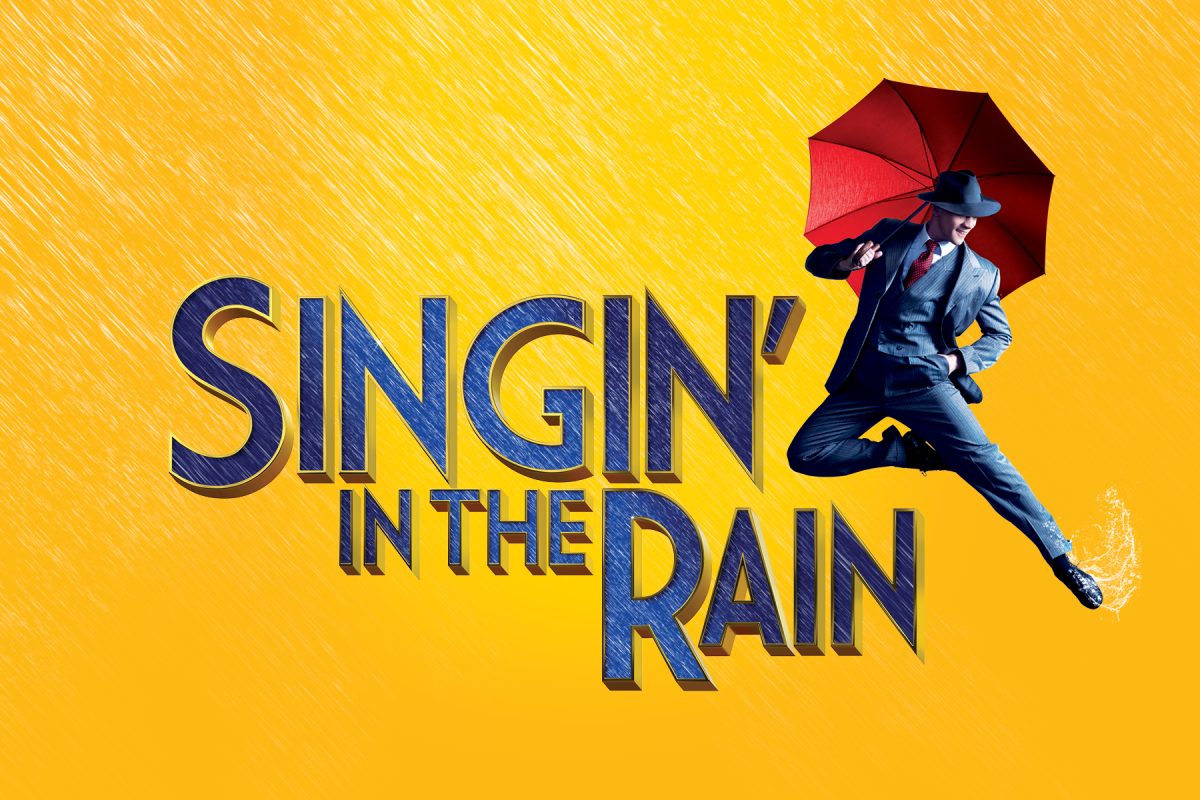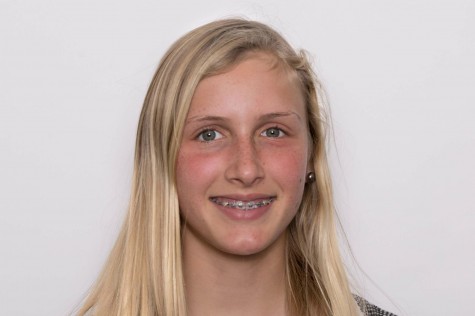During lunch on Thursday, February 12, twelve freshmen competed in the third annual freshman poetry battle in the Eagle Theater. Trinity Suh took first place with her poem discussing teen suicide, while Trevor Labuda won second place with his poem “Perfection.” Tino Tutuweto took third with “Raven Ugly,” and the judges awarded an honorable mention to Lisa Deng for her poem “Boom.” All winners received cash prizes pooled together by the freshman English department, and a panel of teachers and past competitors served as judges.
The poetry battle, or “slam” was founded three years ago by English teacher Jonathan Kwan. During the freshman poetry unit, Kwan suggested the idea of a poetry slam to the other English teachers. After the administration approved the event, Kwan teamed up with other freshman English teachers to host the first annual Freshman Poetry Slam.
“It started when we had a code blue and I was stuck in my classroom for a couple hours,” Kwan said. “I was just emailing with a couple teachers and shooting around the idea of having a poetry competition. People seemed really interested, and it went from there.”
This year, twelve freshman competed: Maddie Kelly, Jade Kandel, Rachel Lu, Trevor Labuda, Ian Tseng, Trinity Suh, Lisa Deng, Tino Tutuweto, Rachel Zuraek, Langston Hay, Serhat Suzer and Danny Vesurai. The competitors were selected through an extensive in-class system.

During the poetry unit in the Survey Composition/Literature course, freshmen are required to write multiple poems and present one of them in their class period’s poetry slam. The top poet from each Survey teacher’s class is then nominated to continue to the final Freshman Poetry Slam.
“[All my class period performers] were amazing,” English teacher Elizabeth Tompkins said. “My class actually voted on five individuals, and those five came in after school one day and did a slam-off amongst themselves. The five of them all presented and then they all gave feedback on who they thought should perform, and then the person was chosen.”
To prepare for the slam, most students practiced at home. For the in-class poetry slam, each student had to have a twenty-line-minimum poem memorized and ready to perform, so the final contestants already had their poems memorized. From there, the focus was to perfect and enhance.
“I practiced about an hour every day and went through it in my head when I was walking to my next period or done with a warm up in class,” freshman Rachel Zuraek said. “I would write it out on sheets of paper- I probably have at least three different copies of this poem hand-written. I would have times where I’d practice solely for pronunciation and others when I did the poem with all the movement. My goal for this poem was to know it as well as my favorite song and to not be able to get it out of my head.”
Other students found other ways to practice, from listening to the poem as a recording to memorizing pieces at a time. Many of the students improved and detailed their performances through the well-placed use of emphasis, gestures and movements. Some, such as Rachel and Ian Tseng, used choreography to better portray their poems.
Though feelings of nerves were common among the competitors, the feelings would often give way to comfort as the poets would get lost in their work.
“Originally, I was pretty nervous, but once I got past my third line or so in my first stanza, my poem just sort of flowed out of me,” freshman Danny Vesurai said.
Most of the ideas for the poems stemmed from personal events, connections, or problems that had been noticed in our society. Ranging from the pressure of media to stress to teen suicide, each poem shared a deep level of emotion that made them standout pieces.
“A close friend of mine had been struggling with depression and alcoholism, and in some ways it was really wearing down on me, too,” freshman Langston Hay said. “That’s when I sat down [and] wrote the poem.”
The Freshman Poetry Slam may have begun with a English class assignment, but it produced truly emotional and thoughtful pieces. For many of the competitors, the experience was a positive one and one to hopefully be repeated in the upcoming school-wide slam.
“Poetry is amazing,” Rachel said. “Write it. If you can’t write poetry well, read it. If you don’t like reading, then listen to it. Poetry is integrated in our lives in more places than we realize, [such as] songs, and we should find it and cherish it.”









